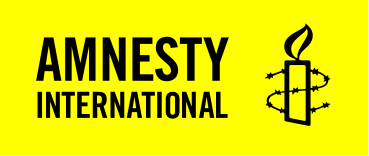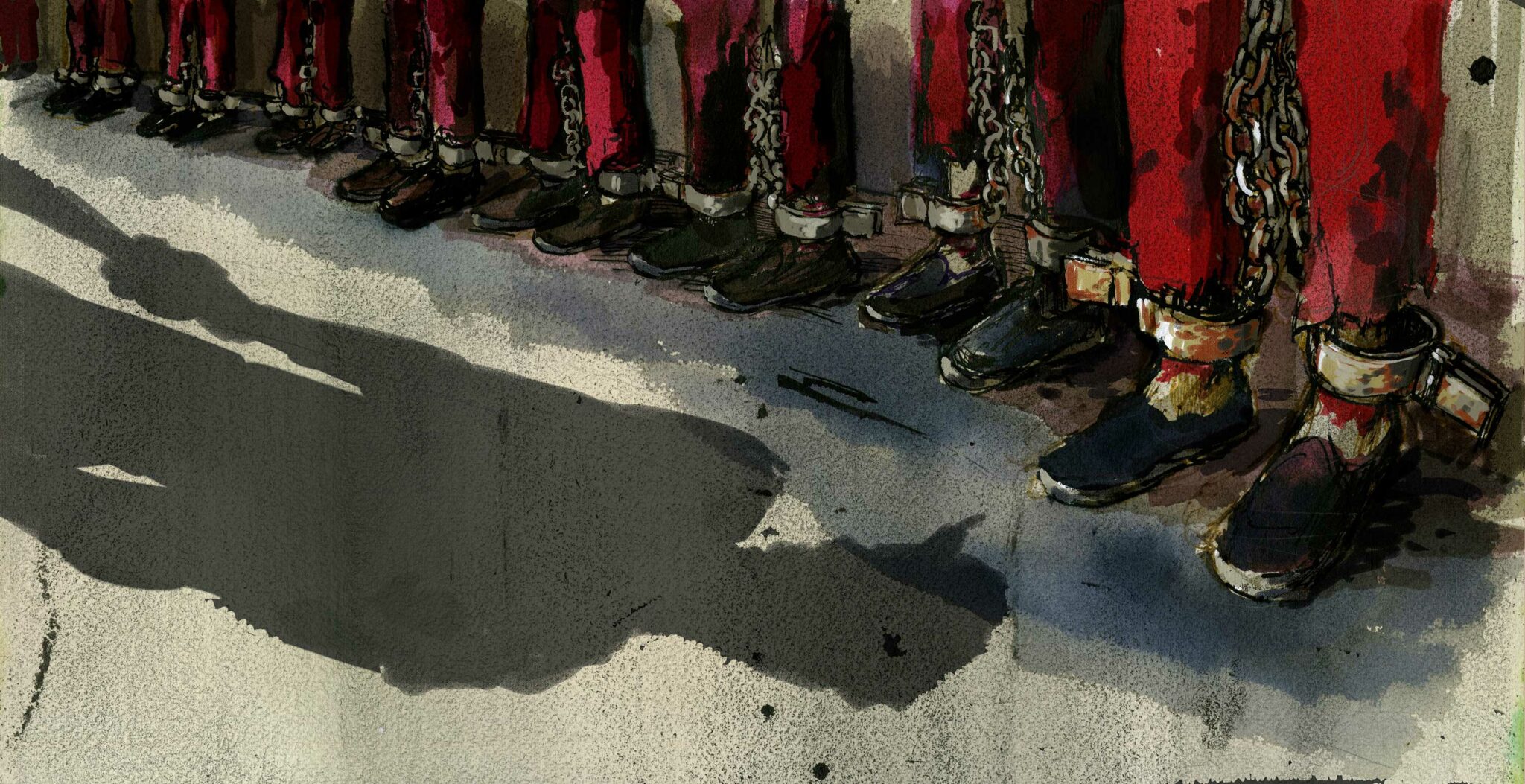Interrogations, forced ‘confessions’, and ‘self-criticism’
Detainees were questioned or interrogated regularly. The manner and frequency of the interrogations appears to vary widely from camp to camp and person to person. Some former detainees reported being interrogated once or twice during their entire stay; others reported weekly interrogations. As during the interrogations in police stations, the interrogations in camps focused on the detainees’ religious practices, foreign contacts, and relationships with “suspicious” people. [[[Amnesty International interviews.]]] Numerous former detainees reported being forced to “confess” to their “crimes” during interrogations. Some told Amnesty they had actually done what they were being accused of (for example, travelling abroad or downloading WhatsApp), so while they did not consider their actions criminal, they considered their confession to be honest. [[[Amnesty International interviews.]]]
Dariga told Amnesty that detainees were periodically told to write four types of reports:
We had to write ‘experience reports’, which were mainly about our feelings after watching videos of Xi Jinping’s speeches, the 19th Party Congress, or other political propaganda videos. Another report was called ‘statement of repentance’, in which we used to write about how we regretted that we had committed those mistakes; in my case it was installing WhatsApp, which could potentially bring harm to the leadership of the CCP and the country. We also wrote letters of apology and guarantee, where we would acknowledge what we have done was wrong and basically guarantee the conditions of our release from the camp, [and] promise that we would not talk about anything about camps. [[[Amnesty International interviews.]]]
Many interrogations took place in rooms where detainees sat across a desk from a government official and did not involve any explicit ill-treatment. Many others took place in punishment rooms, which were usually in the basements of the camp, and often involved torture and other ill-treament. Aldiyar, who was detained after having worked in Kazakhstan, told Amnesty how he was interrogated in a room in the basement of his camp:
[Security agents] took me to an underground room and put my legs into an iron bar. My hands were handcuffed to the chair. They asked me about my biography. Where was I born, when did I start school, where did I go after high school, what did I study. I told them I went to Kazakhstan. They asked me how many times I visited, where I went, and where I stayed. They asked for the names of my relatives and what [my relatives] did, did they pray?… They asked which cities in Kazakhstan I visited, which countries I visited. They also asked about [my siblings]… They asked: ‘When you were in Kazakhstan did you learn how to pray?’ [[[Amnesty International interviews.]]]
Detainees were also required to write letters of “confession” or “self-criticism” in which they admitted to their “crimes”. Some former detainees reported having to write self-criticism letters once or twice during their internment; others reported this was a weekly or bi-weekly activity. [[[Amnesty International interviews.]]] Former detainees reported being given a list of “crimes” – usually the list of 75 outward manifestations of extremists behaviour– from which to choose two to “confess” to. [[[Amnesty International interview; see Cia Siqi, Global Times, Xinjiang counties identify 75 forms of religious extremism”, 25 December 2014 →]]] Former detainees told Amnesty they believed that people who admitted – or were made to admitted – certain crimes, particularly crimes related to religion, were given prison sentences. [[[Amnesty International interviews.]]]
In addition to confessing one’s “crimes”, self-criticism entailed describing in writing what a detainee had done wrong, explaining that the education they were receiving enabled them to recognize the error of their ways and “transform” their thinking, expressing gratitude to the government for this education, and promising not to return to their old habits. [[[Amnesty International interviews.]]] Elnara, who says he was put in a camp for having contact with people who had “extremist” thoughts, said he was forced to admit his “crime” and was told he would be sent to a punishment room if he did not confess. [[[Amnesty International interviews.]]] “Once a month there was self-assessment acknowledging that you did a crime and that you are not a good person,” Ibrahim told Amnesty International. [[[Amnesty International interviews.]]] Ibrahim also told Amnesty he was forced to choose two crimes from a list of 75 to confess to:
They started teaching us about 75 [crimes]… We had to write our names and IDs and to choose at least two. The more the better… What I read was that it was a crime not to drink and not to smoke. And that thick [rope] – to bind straw – if you had too much then it was a crime… you had to choose which you had… for example, if you brought too much food at once to your house… and if you visited a mosque not in your hometown, it is a crime… I visited a mosque in another county to attend a funeral… So, I chose two. And I put my fingerprint on it. [[[Amnesty International interviews.]]]
Anara, who was in a camp for a year, told Amnesty that civil servants who lived outside the camp and who she likened to case managers used to come to do interrogations and what she referred to as “self-assessments and confessions”, in which detainees were required to confess to their crime, reflect on their “progress”, and often to disavow Islam.
At the beginning [the civil servants] would tell you your crimes… Then you had to write: ‘I didn’t know having WhatsApp was a crime. I didn’t know it caused damage to the CCP. Because of WhatsApp my mind was ‘compromised’. Now, after this education, I am getting better. I will not have WhatsApp on my phone again… [My other crime was going to Kazakhstan. I had to write:] I was in Kazakhstan. I got infected by ‘ideas’. Now I will do better and get rid of ideas… And [we also had to write] we had mistakenly chosen the religion of Islam. We will not choose this religion again… And there was also a list of ‘misdoings’ of Muslim believers against China. For example, praying before bed. So, you would have to write that you were sorry for this and that you would not do it again.
Anara told Amnesty International she was required to do a self-assessment once a week. “It was the same every week, except that you must acknowledge some progress, like learning Chinese,” she said. [[[Amnesty International interviews.]]]



